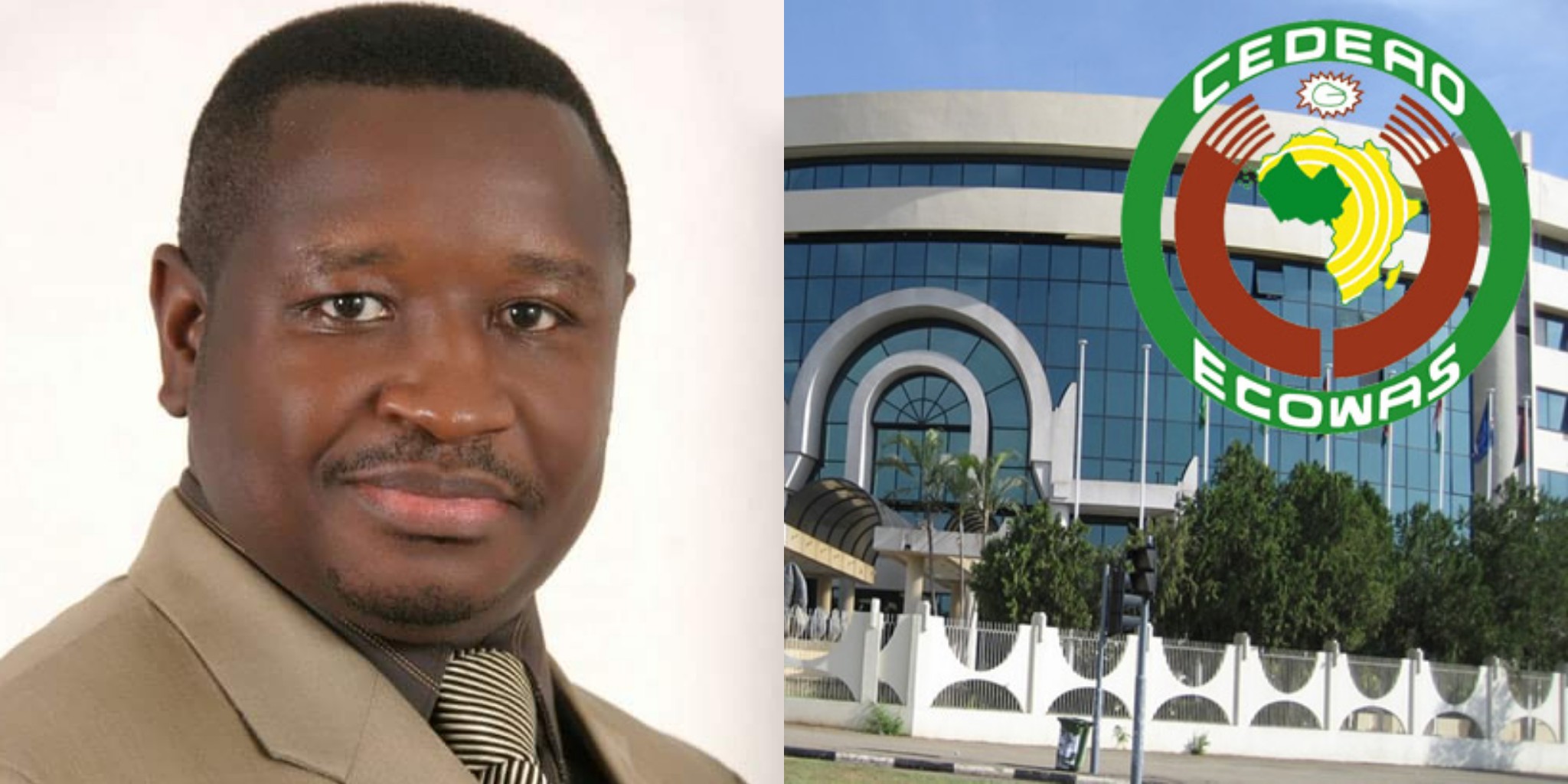Sierra Leone’s Attorney-General and Minister of Justice, Mr. Mohamed Tarawally, emerged victorious in a highly publicized Ebola case at the ECOWAS Court of Justice.
According to a press release issued on June 8, 2023. The court ruled in favor of the Sierra Leone government, dismissing allegations brought by the Centre for Accountability and Rule of Law (CARL) regarding the mishandling of Ebola funds and negligence during the outbreak between May 2014 and November 2016.
CARL’s Ibrahim Tommy had filed the lawsuit with the ECOWAS court, seeking accountability and claiming that the government’s actions resulted in numerous deaths.
He argued that the government’s negligence and mismanagement of funds violated the rights to life and health in Sierra Leone.
However, the ECOWAS court record highlighted that the government had demonstrated its commitment to protecting these rights by ratifying international human rights instruments, including the African Charter on Human and People’s Rights, the International Covenant on Civil and Political Rights, and the International Covenant on Economic, Social and Cultural Rights. The court emphasized the government’s obligation to implement legislation and measures that uphold the rights enshrined in these agreements.
The Governance Transition Team (GTT) report from July 2018 had revealed gross mismanagement of funds allocated for Ebola response. The report recommended that the government conduct an investigation into the matter.
Taking this into account, the Attorney-General’s office made efforts to reach an amicable settlement with the plaintiffs, in line with the GTT report’s recommendation.
In May 2021, the government entered into an agreement with the Ebola plaintiffs, represented by counsels Yasmin Jusu Sheriff, Alpha Sesay, Augustine Marrah, and Ibrahim Tommy.
The agreement covered various points, such as including the Sierra Leone Association of Ebola Survivors (SLAES) in settlement talks, determining eligibility for reparation schemes, clarifying the composition of a Joint Task Force responsible for implementing the settlement agreement, and establishing timelines for concluding the talks. The plaintiffs’ legal representatives’ concerns were given due consideration during the negotiations.
Government representatives included the Attorney-General’s Office, Ministries of Health, Education, Social Welfare, the National Commission for Social Action, and the Human Capital Development Unit at State House. The agreement stipulated that the Task Force could seek additional expertise from within and outside Sierra Leone.
Under the terms of the agreement, the government committed to reforms in public procurement, holding accountable those responsible for alleged embezzlement of Ebola funds, providing damages, supporting the education and destigmatization of Ebola survivors, offering livelihood support, and paying backlogged salaries to healthcare workers. However, monetary compensation was ruled out.
Despite the court’s verdict in favor of the government, the Attorney-General emphasized that the government was committed to fulfilling its obligations outlined in the agreement. Notably, President Julius Maada Bio’s adherence to legal procedures, rule of law, due process, and respect for humanity played a significant role in his success, leading to his seat among the non-permanent members of the UN Security Council.
This outcome reflects the principles of good governance, as President Bio allocates 22 percent of the country’s GDP each year and upholds democratic principles and individual liberties.
Mr. Tarawally, who previously served as Sierra Leone’s Solicitor-General from 2019 to 2021 before being appointed Attorney-General in January 2022, has also won other notable cases for the country, including the Togolese plane crash and the Sam Sumana cases.




 Post a comment
Post a comment









